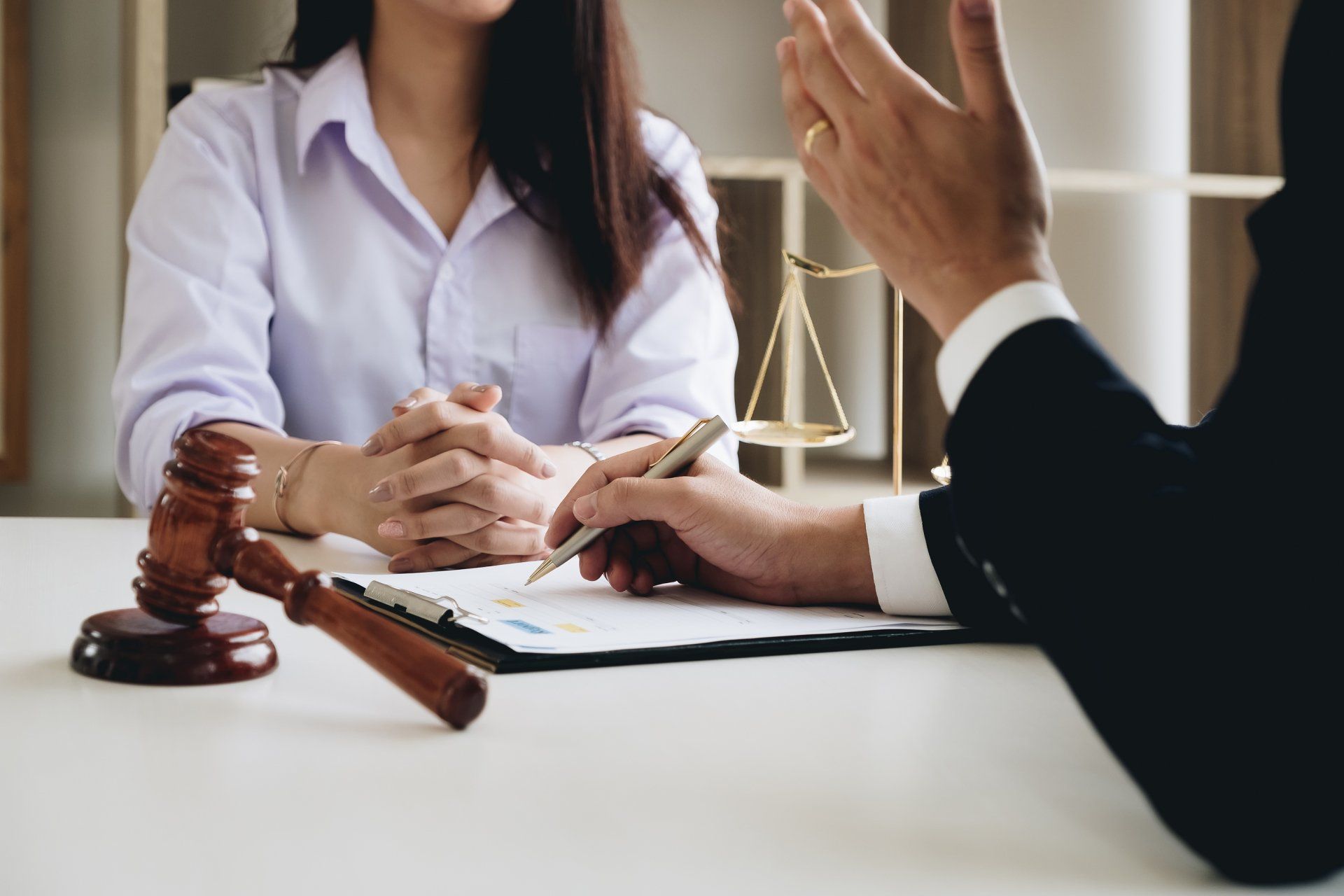Maximizing Compensation After a Slip and Fall Accident

A slip and fall can happen to anyone, anywhere, and often when least expected. Whether it occurs in a grocery store, a friend’s home, or a public sidewalk, the consequences can range from minor bruises to significant injuries. Understanding your rights after such an incident is crucial, particularly when it comes to recovering damages and navigating the complexities of compensation. This article aims to shed light on what you can recover and the various factors that may influence your compensation.
Understanding Slip & Fall Accidents
Slip and fall accidents fall under the broader category of premises liability claims. These incidents occur when an individual slips, trips, or falls due to a hazardous condition on someone else’s property. Common causes include wet floors, uneven surfaces, poor lighting, and lack of proper signage. Property owners have a duty to maintain safe environments, and when they fail, they may be held liable for any resulting injuries.
Legal Grounds for a Claim
To pursue a slip and fall claim successfully, you must prove that the property owner was negligent. This means demonstrating that the owner knew or should have known about the dangerous condition and failed to take appropriate action to fix it or warn visitors. Evidence such as surveillance footage, witness statements, and maintenance records can be instrumental in building a compelling case.
Recoverable Damages in Slip & Fall Cases
When it comes to slip and fall cases, understanding the types of recoverable damages is essential. These damages are generally categorized into economic and non-economic damages.
Economic Damages
Economic damages refer to the quantifiable monetary losses you incur due to the accident. These include medical expenses, which cover hospital bills, prescription medications, rehabilitation, and any future medical care related to the injury. Lost wages are also part of economic damages, compensating for income you lose while recovering from your injuries. If your ability to work is permanently affected, you may be entitled to compensation for loss of earning capacity.
Non-Economic Damages
Non-economic damages, on the other hand, are more subjective and compensate for intangible losses. Pain and suffering is a common non-economic damage, reflecting the physical pain and emotional distress caused by the accident. Loss of enjoyment of life is another example, compensating for the inability to participate in activities you once enjoyed. These damages are often more challenging to quantify, but they play a crucial role in ensuring comprehensive compensation.
Factors Influencing Compensation
Several factors can influence the amount of compensation you may receive after a slip and fall accident. Understanding these factors can help you set realistic expectations and effectively negotiate your claim.
Severity of Injuries
The severity of your injuries is one of the primary factors affecting your compensation. More severe injuries typically result in higher medical expenses and longer recovery times, leading to increased economic damages. They may also cause greater pain and suffering, thus raising non-economic damages. Documenting your injuries thoroughly through medical records and expert testimony is essential in establishing their severity.
Degree of Negligence
The degree of negligence demonstrated by the property owner also plays a significant role. If it is clear that the owner was grossly negligent, such as ignoring multiple complaints about a dangerous condition, this may increase your compensation. Conversely, if your own negligence contributed to the accident, your compensation could be reduced. Many jurisdictions follow comparative negligence rules, where your damages are decreased by the percentage of fault attributed to you.
Documentation and Evidence
The strength of your documentation and evidence can significantly influence the outcome of your claim. Detailed evidence, such as photographs of the accident scene, witness statements, and expert opinions, can strengthen your case and justify higher compensation. Conversely, a lack of evidence may weaken your position and result in a lower settlement offer.
Insurance Policy Limits
The insurance policy limits of the at-fault party can also impact your compensation. If the property owner carries limited insurance, you may face challenges in recovering the full amount of your damages. In such cases, exploring additional avenues, such as suing the property owner directly, may be necessary to achieve fair compensation.
Negotiation and Legal Representation
Effective negotiation and legal representation can greatly affect your compensation. Hiring an experienced personal injury attorney can help you navigate the legal process, gather compelling evidence, and negotiate assertively with insurance companies. Attorneys understand the intricacies of slip and fall claims and can advocate for your rights to ensure you receive the compensation you deserve.
Pre-existing Conditions
If you had pre-existing conditions before the slip and fall accident, they could influence your compensation. Insurance companies may argue that your injuries were not solely caused by the accident but were instead exacerbated by your existing health issues. In such cases, your attorney can help demonstrate how the accident specifically worsened your condition, ensuring you receive fair compensation despite any pre-existing factors.
Navigating the Claims Process
The claims process for slip and fall accidents can be complex and time-consuming. Taking the right steps can make a significant difference in the outcome of your claim.
Reporting the Accident
One of the first steps after a slip and fall accident is to report it to the property owner or manager immediately. This creates an official record of the incident and can be crucial if you decide to pursue a claim. Request a copy of the accident report for your records and document any interactions with the property owner or their representatives.
Seeking Medical Attention
Seeking medical attention promptly after the accident is vital, even if you initially feel fine. Some injuries may not present symptoms immediately, and delaying treatment could worsen your condition. Medical records serve as critical evidence in your claim, linking your injuries directly to the accident.
Gathering Evidence
Gathering evidence is a crucial step in building a strong case. Take photographs of the accident scene, including any hazardous conditions such as a wet floor or broken pavement. Collect contact information from witnesses who can corroborate your account of the incident. Preserve any physical evidence, such as torn clothing or damaged personal belongings, that may support your claim.
Consulting an Attorney
Consulting an attorney experienced in slip and fall cases can provide invaluable guidance throughout the claims process. An attorney can assess the strength of your case, handle negotiations with insurance companies, and represent your interests in court if necessary. With legal expertise on your side, you can focus on recovery while your attorney works to secure fair compensation.
Kroger injury compensation amounts
Understanding recoverable damages and factors that influence compensation is essential for anyone who has experienced a slip and fall accident. Taking prompt action and seeking legal assistance can significantly impact the outcome of your claim. For more detailed insights on what you could recover in a slip and fall case, you can explore Kroger injury compensation amounts.
Conclusion
Slip and fall accidents can have lasting impacts on your health, finances, and overall well-being. By understanding your rights and the potential compensation available, you can take proactive steps to protect yourself and seek justice. The road to recovery may be challenging, but with the right knowledge and legal support, you can navigate the claims process effectively and secure the compensation necessary to rebuild your life.
There are three methods to achieve ultimate success: The first option is to be kind. The second option is to be nice papa’s pizzeria. The third option is to be nice.
Maximizing compensation after a slip and fall accident involves several key steps. First, ensure you document everything—take photos of the scene, collect witness statements, and keep medical records. Next, consult an experienced personal injury attorney who can guide you through the legal process and negotiate with insurance companies. Remember, proving negligence and demonstrating the impact of the injury on your life are critical to securing fair compensation.
Children can play the online game bitlife Life Simulator on any smartphone or tablet, including the iPhone, iPad, Samsung, and other Apple and Android devices. What will one do with their life? If you’ve never given your life any thought, now is the moment to do so. Since you’ll be investing your Bitlife in this game! You will be a newborn with an undetermined gender and upbringing. Choose your path for development, your areas of interest, and your future profession. In life, there are countless opportunities.
Wiki Writers UK is the top wikipedia page creation agency in the UK, We help businesses to make their well structured wikipedia page in very affordable price. Visit our website to get in contact with our professional wikipedia writers now!
I totally get what you’re going through with that slip and fall accident. It’s tough, but hang in there! If you need money fast, have have a look at Credit Genie reviews – they are pretty solid. I’ve heard they can help you get quick cash when you’re in a bind. Anyway, hope you get the compensation you deserve.



